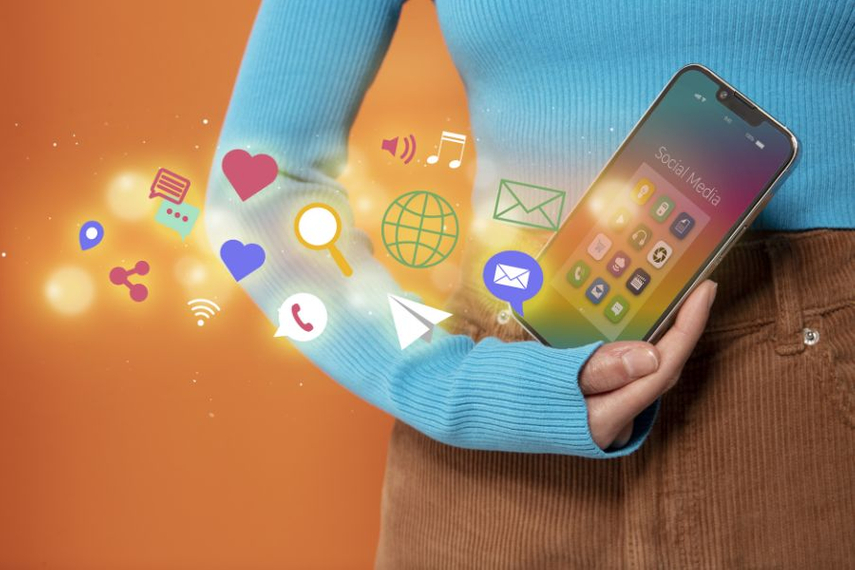
Please sign in or register
Existing users sign in here
Having trouble signing in?
Contact Customer Support at
[email protected]
or call+91 022 69047500
The brand marketing consultant notes that while tech evolves, human emotion and creativity remain at the heart of great marketing. The future belongs to campaigns where AI enhances, not replaces, human insights.

Contact Customer Support at
[email protected]
or call+91 022 69047500
Top news, insights and analysis every weekday
Sign up for Campaign Bulletins
From inclusive CX powered by AI to agentification and martech maturity, the 5th edition of Data Unplugged India unpacked what it takes to deliver customer obsession at scale - with leaders from Hindustan Unilever, Britannia, Zivame, Flipkart, Google, Axis Bank, Haleon, Exotel and more.
Claims to be the first agency network in India to secure all four company-level Meta Blueprint certifications.
67% of Indians trust influencer recommendations over traditional advertisements, notes Kantar’s Influencer Playbook report.
At the Summit, agencies share how AI, Reels and Business Messaging drive real business benefits for brands.